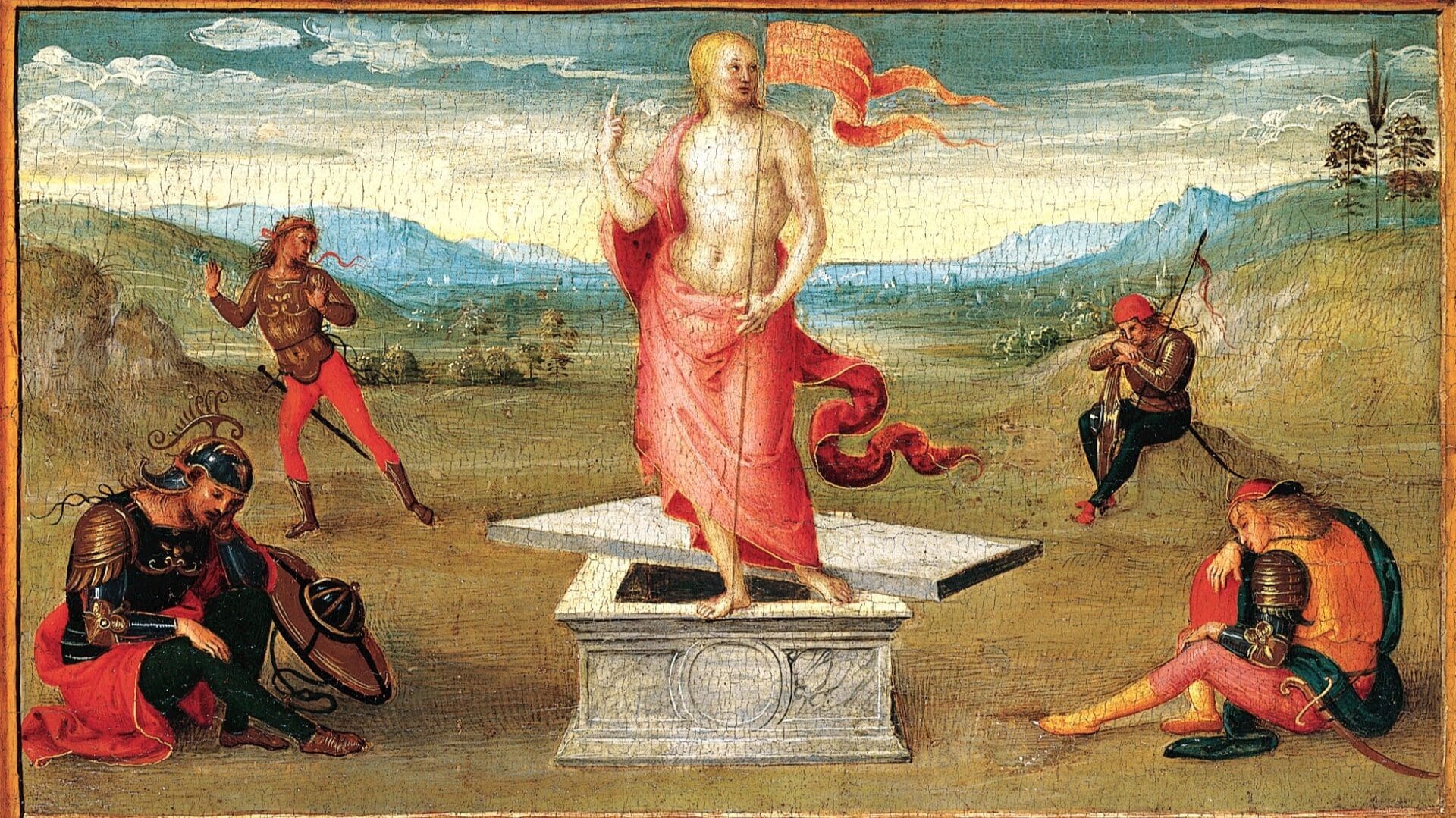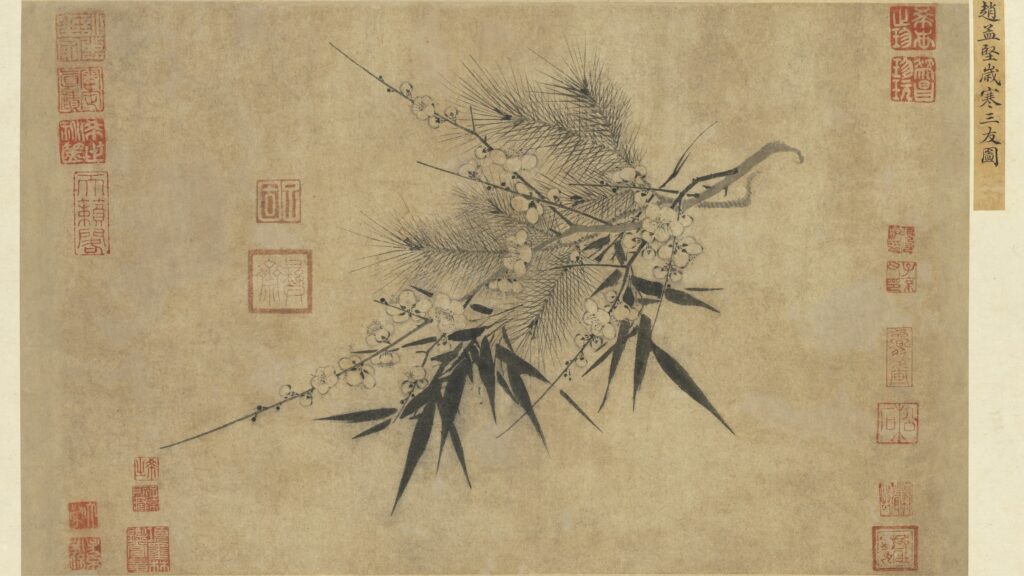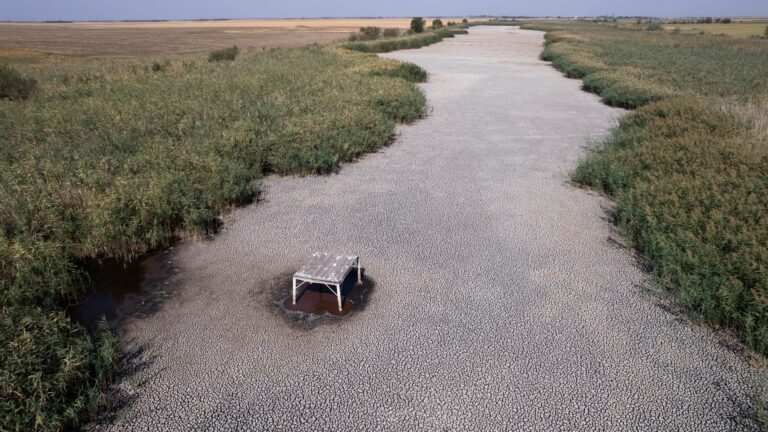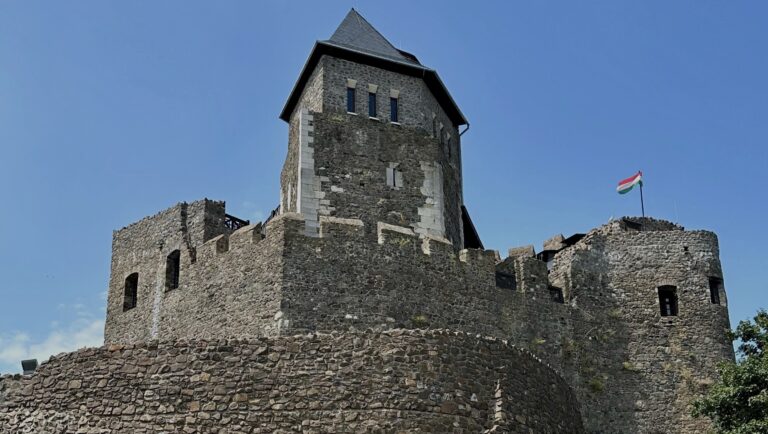The following English translation of Hungarian poet István Vas’s poem was originally published on the website of the Hungarian Review journal.
And there was one among the twelve who
was called Thomas, the Doubting, and
when Jesus said, “And whither I go ye
know, and the way ye know”,
he answered, “Lord, we know not whither thou goest;
and how can we know the way?”
and Jesus said to the poor Doubting, “I
am the way, the truth, and the life”.
And later when after the resurrection
the apostles saw him again,
poor Thomas was not among them,
Of the resurrection he only heard word.
And they told him, “we have seen the Lord”.
And he answered, “If I do not see the wound of
the nail in his hand with my own eyes,
if I do not press my fingers
into his bleeding chest,
if I cannot touch him,
if my hand cannot feel his seven wounds,
then I do not believe, I do not believe”.
And eight days later they sat, all twelve, and
Thomas, the Doubting, among them. And Jesus
walked in through the closed door and spoke:
“Peace unto you!”
And he said to Thomas, “give me your finger,
press it against my chest, touch it yourself,
you can see the mark of the nail with your own eyes, I
have brought my hand, give me yours,
dip your yearning hand into my seven wounds,
and be now a believer, be not unbelieving”.
And Thomas spoke: “You have appeared before me,
you are my Lord, my God!”
“Because thou hast seen me, thou hast believed:
blessed are they that have not seen, and yet have
believed.”
Thus Jesus replied.
2
But I, the new Thomas, I say they who see are blessed.
And I am blessed that I see,
that I can say, “risen from the dead!”
You have risen from the dead, my nation,
from the grave, my eyes have seen your seven wounds,
and with the mark of the iron nails on your hands
you appeared before me through the closed doors.
Your body stirred among the worms,
you rolled the great stone to the side, and
the Pentecost spirit came among us, and
meaningless words found meaning.
For I was the Doubting, the unbeliever:
I believed you were no more, no more than a figment,
and dipping my faithless fingers into your wound,
I know what the resurrection of the body means,
and I cannot speak, I only stammer:
I am Hungarian.
And thank you that, before your sacred wound,
the tower of my life crumbled,
and my happy shame overflows within me,
and every doubt I bore, tormented,
and fervid reason,
All invalid, all void.
All Souls’ Day. Foreign soldiers
pour over the border.
The conquerors and murderers. I
am Hungarian.
And no longer Doubting. Now sure.
Certainty drives my heartbeat,
and the words not understood have meaning:
you are the way, the truth, and the life.
1956
Translated by Thomas Cooper








